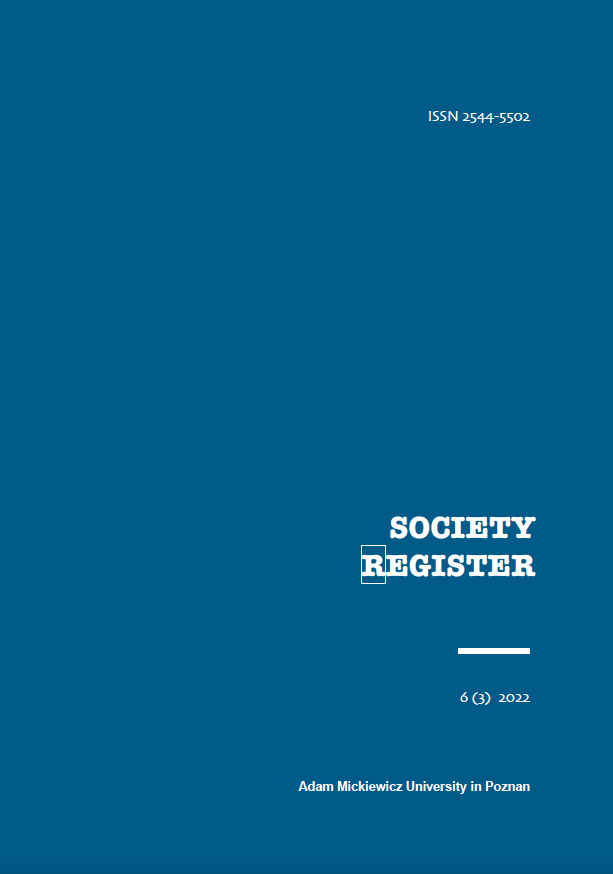How norms are formed in a democracy
How norms are formed in a democracy
Author(s): JEAN-CLAUDE KAUFMANNSubject(s): Social Norms / Social Control
Published by: Uniwersytet Adama Mickiewicza
Keywords: individualization; democracy; norms; freedom; socialization;
Summary/Abstract: The freedoms offered by individualistic-democratic societies are marked by an intrinsic ambiguity: they are both real and (partly) illusory. They are rooted in the universe of representation, which, by proclaiming them, manages to force reality, but without this reality ever attaining the purity of the proclaimed principles. By subtle perverse mechanisms, new limits to freedom are actually introduced on a massive scale, eventually leading to the apparent paradox of a normative production that is much more abundant than in the ancient societies. There is nothing surprising about that. The individual autonomy proper to democratic societies necessarily induces a social activity of producing various norms and regulations, infinitely more intense than in a society where institutions run their established program and construct individuals in accordance with them. Freedom, in individualist-democratic societies, is an illusion, but one which creates reality. The individual, less free than s/he imagines her/himself to be, is nevertheless in the middle of a range of choices which does not cease, at least theoretically, to extend.
Journal: Society Register
- Issue Year: 6/2022
- Issue No: 3
- Page Range: 19-28
- Page Count: 10
- Language: English

